God made man because He loves stories
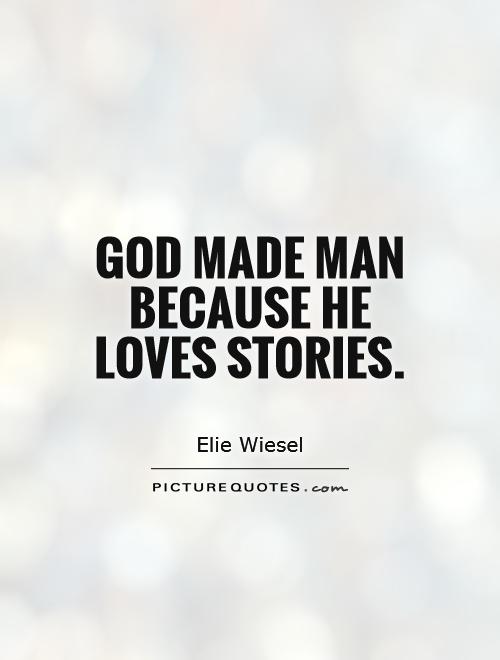
God made man because He loves stories
Elie Wiesel, a Holocaust survivor and Nobel laureate, once said, “God made man because He loves stories.” This profound statement reflects Wiesel’s belief in the power of storytelling to connect individuals, preserve memories, and make sense of the world. As a writer and humanitarian, Wiesel dedicated his life to bearing witness to the atrocities of the Holocaust and ensuring that the stories of its victims were not forgotten.Wiesel’s own story is a testament to the resilience of the human spirit in the face of unimaginable suffering. As a teenager, he was imprisoned in Auschwitz and Buchenwald concentration camps, where he witnessed the horrors of the Holocaust firsthand. After the war, Wiesel struggled to come to terms with the trauma he had experienced, but he found solace in writing. Through his books, essays, and speeches, Wiesel shared his story with the world, shining a light on the darkest chapter of human history.
In his writing, Wiesel often grappled with the question of God’s presence in the midst of suffering. He struggled to reconcile his faith with the atrocities he had witnessed, but he ultimately found comfort in the power of storytelling. For Wiesel, storytelling was a way to bear witness to the past, honor the memories of the victims, and inspire future generations to strive for a more just and compassionate world.
Wiesel’s belief that “God made man because He loves stories” speaks to the profound connection between storytelling and the human experience. Through stories, we are able to make sense of our lives, connect with others, and find meaning in the face of adversity. Wiesel’s own story is a testament to the enduring power of storytelling to heal, inspire, and transform lives.
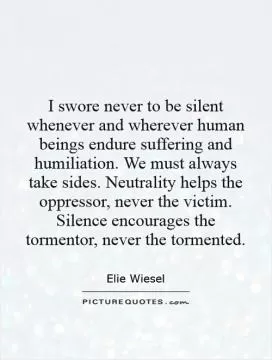
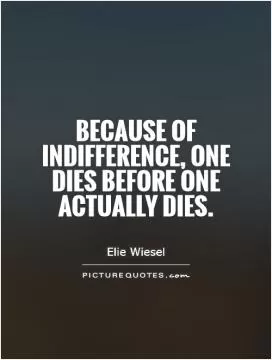

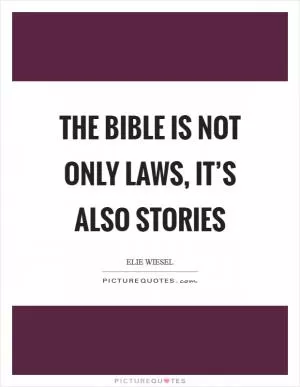
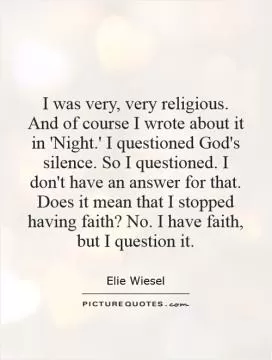
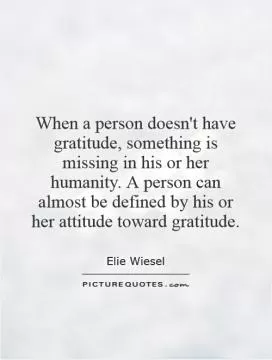

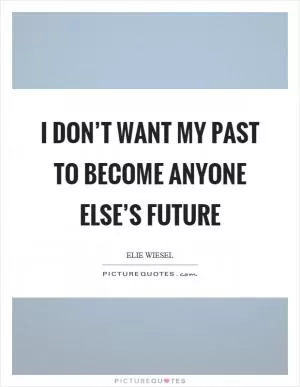
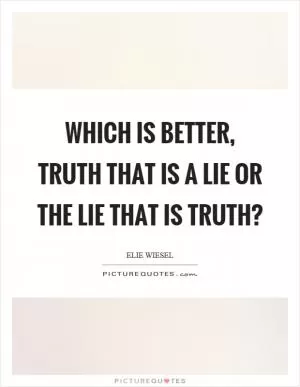
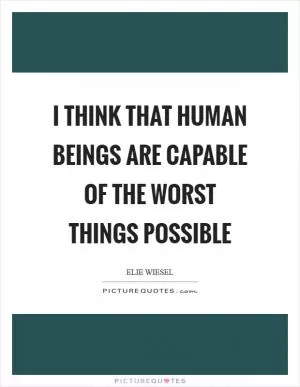
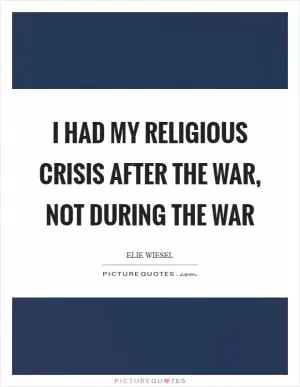
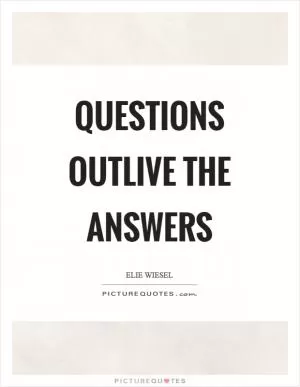
 Friendship Quotes
Friendship Quotes Love Quotes
Love Quotes Life Quotes
Life Quotes Funny Quotes
Funny Quotes Motivational Quotes
Motivational Quotes Inspirational Quotes
Inspirational Quotes